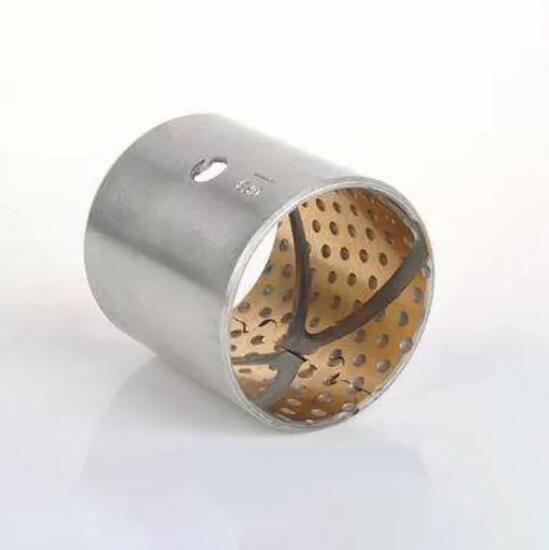The specific environmental conditions that influence the selection of anti-erosion coatings for these bearings
2023-10-17
There are specific environmental conditions that can significantly influence the selection of anti-erosion coatings for low carbon steel bearings. The choice of coating should take into account the operating environment in which the bearings will be used. Here are some environmental conditions to consider:
1. Moisture and Humidity: If the bearings will be exposed to moisture or high humidity levels, corrosion resistance becomes a critical factor. Zinc coatings (galvanization) or certain polymer coatings are effective choices for protecting against moisture-related corrosion.
2. Chemical Exposure: Bearings operating in environments with exposure to chemicals, acids, alkalis, or corrosive substances require coatings that are chemically resistant. Nickel coatings and specific polymer coatings can provide protection in such conditions.
3. High Temperatures: Elevated temperatures can impact the performance of both the bearing and the coating. Consider coatings that can withstand high-temperature conditions without degradation, such as ceramic coatings or specialized high-temperature polymer coatings.
4. Low Temperatures: In extremely cold environments, coatings should remain effective and not become brittle or lose adhesion. Some polymer coatings are designed to handle low-temperature conditions.
5. Abrasive Environments: Bearings subjected to abrasive particles or abrasive materials need coatings with excellent wear resistance. Ceramic coatings and diamond-like carbon (DLC) coatings excel in such environments.
6. Hygiene and Cleanliness: In industries like food processing and medical devices, cleanliness and hygiene are paramount. Coatings that are easy to clean and meet industry standards for hygiene should be considered.
7. High Vacuum: Bearings used in high-vacuum applications, such as in aerospace or semiconductor manufacturing, may require coatings that do not outgas or release contaminants in a vacuum environment.
8. UV Exposure: Outdoors or in environments with significant UV exposure, the coating should be UV-resistant to prevent degradation due to sunlight exposure.
9. Saltwater or Marine Environments: Bearings used in marine or saltwater environments require coatings that can withstand saltwater corrosion. Stainless steel coatings or specialized marine coatings may be suitable.
10. Electrical Conductivity: In applications where electrical conductivity is important, coatings should not insulate the bearing surfaces. Certain conductive coatings can be used for this purpose.
11. Radiation Resistance: In nuclear or radiation-prone environments, coatings should be resistant to radiation damage and not contribute to contamination.
12. Magnetic Properties: In applications where magnetic properties must be maintained, coatings should not introduce magnetic interference.
13. Clean Rooms: In clean room environments, coatings should meet cleanliness and particle generation standards to prevent contamination.
It's crucial to thoroughly assess the specific environmental conditions of your application and select an anti-erosion coating that provides the necessary protection and performance in that context. Additionally, consulting with coating experts or manufacturers can help you choose the most suitable coating for your particular environmental challenges.



